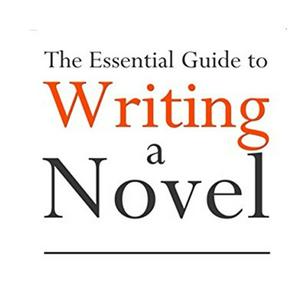Sometimes we are full of ambition to write. Yet we don't. We put off our writing, then put it off again. Why do we do that? And what can be done to get us in front of the keyboard? Here are thoughts on what we can do to get us producing. Also, powerful first sentences drop the reader into the story after the action is already underway. Here's how to do it, with examples from excellent writers.
Here is a 20-episode master class on fiction writing—a start-to-finish course covering plot, characters, dialogue, scenes, sentence-level craft, and much more. Each episode is focused and about 30 minutes. The full class—all 20 episodes—is available now for a one-time price of forty-nine dollars. If you want structured, concise guidance, click the Buy the Master Class link in the show notes to get started.
Support the show
Buy the master class.


